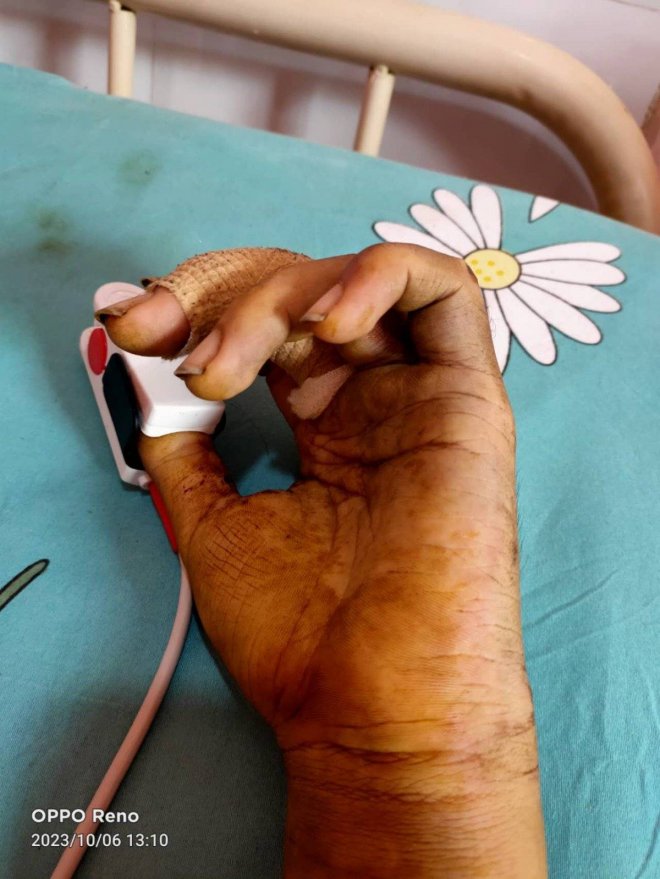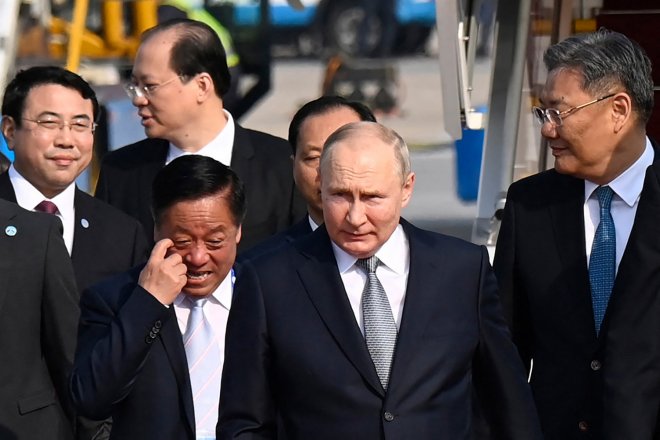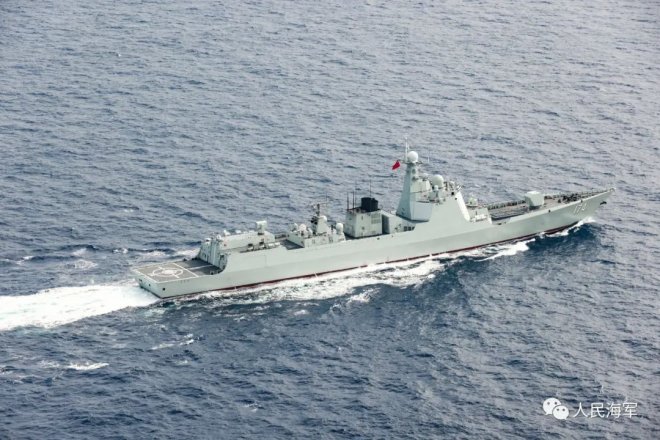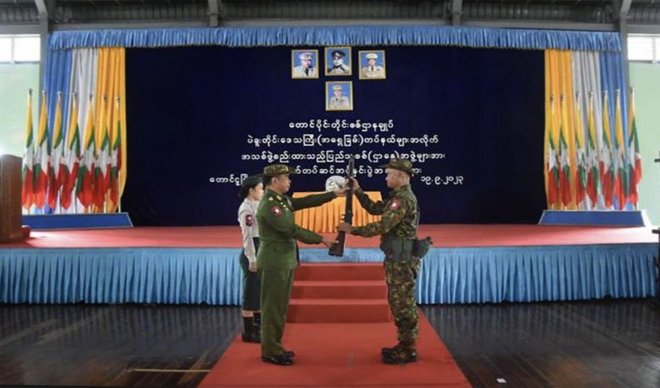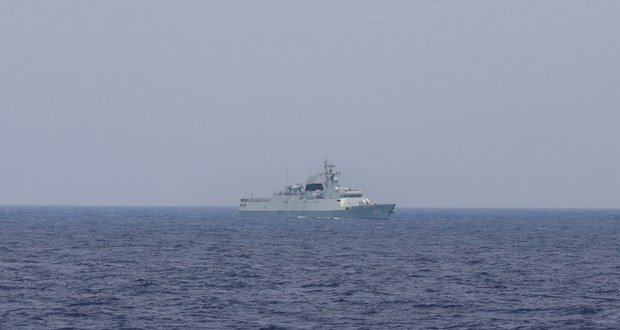Marshall Islands signs new compact with US amid China competition
The Marshall Islands, an archipelago in the militarily strategic western Pacific, on Monday signed a new economic assistance agreement with the United States that underwrites close ties at a time of increased U.S.-China competition in the region.
The Marshall Islands along with Micronesia and Palau, under agreements known as compacts of free association, give the United States military access to their vast ocean territories in exchange for funding and the right for their citizens to live and work in the U.S.
Palau and Micronesia renewed the funding component of their compacts earlier this year but negotiations between the Marshall Islands and the U.S. were more challenging because of the legacy of U.S. nuclear testing in the 1940s and 1950s at Bikini and Enewetak atolls.
The agreements “are critical to all of our countries and to a continued free and open Pacific based on shared values,” said Congressman Ed Case, who attended the signing ceremony in Honolulu. “I was honored to join,” Marshall Islands and U.S. officials, “for the signing of our renewed Compact of Free Association between the U.S. and the RMI,” he said.
Photos that Case posted on his Facebook account showed that Marshall Islands President David Kabua was present at the ceremony along with Foreign Minister Jack Ading and the U.S. chief compact negotiator Joseph Yun.
“All signed,” Yun said, according to a Reuters report. “I hope they [the agreements] will be enacted soon” by Congress, he told the news agency.
The U.S. State Department didn’t immediately respond to a request for comment.
Kabua told the United Nations General Assembly in September that an agreement for a renewed compact with the U.S. was achievable, but only if Marshallese believed the long-term legacy of nuclear testing was addressed.
“As a functioning democracy, we cannot ignore the wishes of our people and as the world’s foremost and pre-eminent democracy, the United States needs to understand this reality,” he said in his speech.
Analysts had said the outcome of the negotiations with the compact states would be an important signal of Washington’s commitment to the Pacific region as China presses for greater influence with Pacific Island states.
Over 20 years, the three countries will receive a combined US$7.1 billion, a substantial increase from their previous agreements, subject to Congressional approval, according to the U.S. government.
Home to about 200,000 people, the three countries comprising dozens of islands are spread across a vast area of ocean between the Philippines and Hawaii and are part of the U.S. military’s capacity to project power in the Pacific and East Asia.
BenarNews is an RFA affiliated online news organization.
The Marshall Islands along with Micronesia and Palau, under agreements known as compacts of free association, give the United States military access to their vast ocean territories in exchange for funding and the right for their citizens to live and work in the U.S.
Palau and Micronesia renewed the funding component of their compacts earlier this year but negotiations between the Marshall Islands and the U.S. were more challenging because of the legacy of U.S. nuclear testing in the 1940s and 1950s at Bikini and Enewetak atolls.
The agreements “are critical to all of our countries and to a continued free and open Pacific based on shared values,” said Congressman Ed Case, who attended the signing ceremony in Honolulu. “I was honored to join,” Marshall Islands and U.S. officials, “for the signing of our renewed Compact of Free Association between the U.S. and the RMI,” he said.
Photos that Case posted on his Facebook account showed that Marshall Islands President David Kabua was present at the ceremony along with Foreign Minister Jack Ading and the U.S. chief compact negotiator Joseph Yun.
“All signed,” Yun said, according to a Reuters report. “I hope they [the agreements] will be enacted soon” by Congress, he told the news agency.
The U.S. State Department didn’t immediately respond to a request for comment.
Kabua told the United Nations General Assembly in September that an agreement for a renewed compact with the U.S. was achievable, but only if Marshallese believed the long-term legacy of nuclear testing was addressed.
“As a functioning democracy, we cannot ignore the wishes of our people and as the world’s foremost and pre-eminent democracy, the United States needs to understand this reality,” he said in his speech.
Analysts had said the outcome of the negotiations with the compact states would be an important signal of Washington’s commitment to the Pacific region as China presses for greater influence with Pacific Island states.
Over 20 years, the three countries will receive a combined US$7.1 billion, a substantial increase from their previous agreements, subject to Congressional approval, according to the U.S. government.
Home to about 200,000 people, the three countries comprising dozens of islands are spread across a vast area of ocean between the Philippines and Hawaii and are part of the U.S. military’s capacity to project power in the Pacific and East Asia.
BenarNews is an RFA affiliated online news organization.
